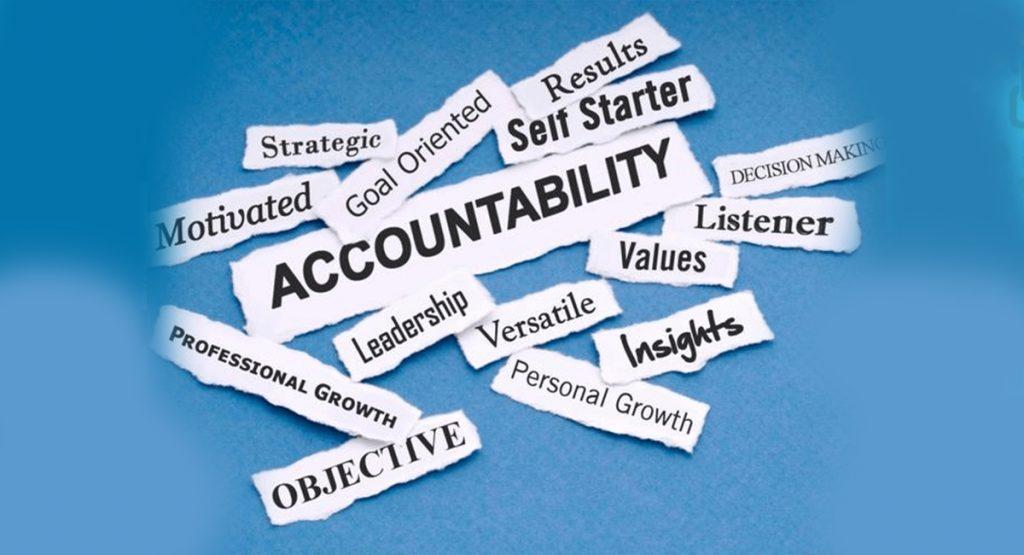Talk of youth as future leaders may sound so novel. This is despite the fact that it has always been the case all along- it has, for the longest time, been said that the youth are the future, or leaders of tomorrow if you may. The current crop of leaders, together with the government of the day, has time and again peddled this narrative through the various platforms and channels available to them. However, there has been very little, if any, development over the years to promote the realization of youth leadership. This, therefore, begs the question: Is this merely a simple, empty, and overused cliché?
The youth form the bulk of not only our country’s population but also the electorate. A lot of young people are enthusiastic and eager to be involved politically and to shape their destiny and society(ies) in which they live. The youth are, thanks to their visibility, exposure, and progressive ideas, better placed to assume higher, more effective political and leadership roles. Despite their qualitative and quantitative visibility, the sorry state of their inclusion/ involvement in the management and development affairs of the country is deeply troubling. There are numerous factors that have stood and continue to stand between young people and their quest for leadership. Among the notable obstacles and challenges that make it difficult (or nearly impossible) for young people to lead include; suppressive government structures, corruption, poverty, lack of education, and unemployment. These factors significantly muffle and/or even extinguish their voices, thereby making it imperative that they seek and adopt strategies targeted at making the much-needed change.
Current leaders have also gone to great lengths to cast the youth in a bad light and to portray them as immature and having negative idealistic attitudes that taint their reputation. This should not necessarily be a bad thing. Why? Rather than trends, youth are largely moved by ideas, which they have the potential of staying true to and not giving up on despite the cost, challenges, and obstacles they’ll come across. While this idealistic attitude could earn them a bad reputation in the eyes of veteran leaders, it is precisely what will see them as being good leaders. The veteran leaders have also argued that this digital age has reduced the youth into a mere generation of followers only moved by trivial pursuits, not leadership. In this regard, the youth should remember that social media has been used the world over by other young people to bring about change, lead, and hold the government to account. Through social media, youth have been able to organize unprecedented change in, for example, Tunisia, Egypt, Libya, Syria, Bahrain, and so on. Youth have also used social media to get their messages across and to drive various causes- such as human rights, unfair or discriminatory policies, injustices, and climate change- which have been responsible for various historical developments in the world.
It is, thus, all too clear that the youth are the ones best suited to drive positive change and pave the way for the future. Without youth empowerment, the country cannot thrive. While the country is led by veterans, its future is highly dependent on the youth and young leaders who remain highly disenfranchised and excluded despite their having the skills, ideas, motivation, and power to lead. The youth should, therefore, rally together, remind their leaders of their duties and responsibilities, take it upon themselves to demand good leadership and accountability, and take ownership of their future by pushing for the change they’d like to see.
Written by Levin Banns Ouma
Profile: I am a Kenyan youth who is interested in and closely follows politics and governance issues in the country. Facebook: Levin Leweezy Ouma

